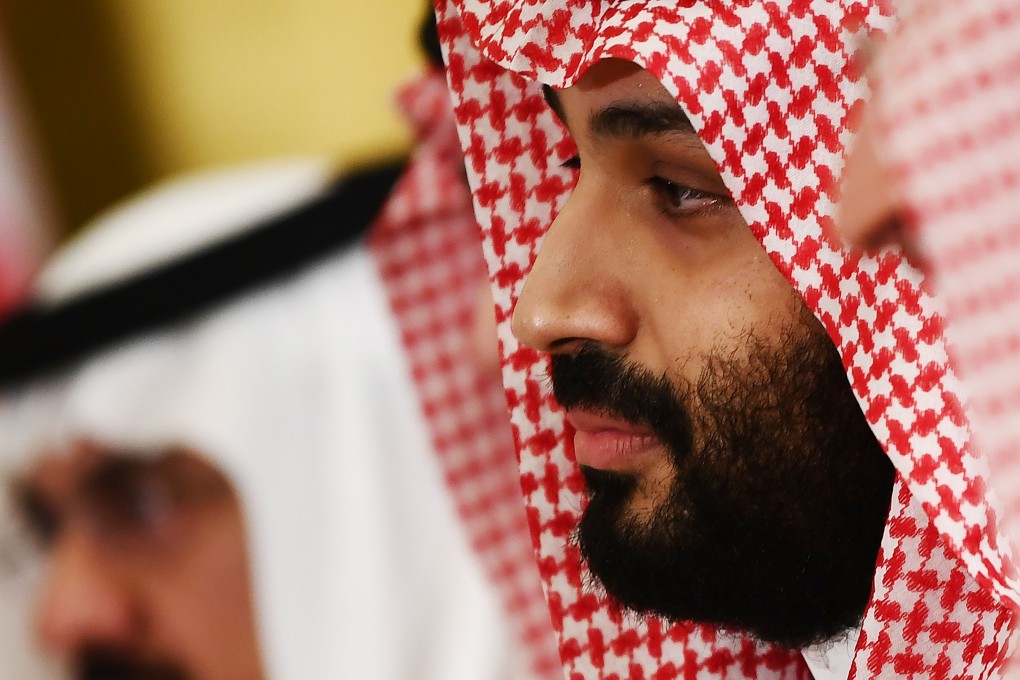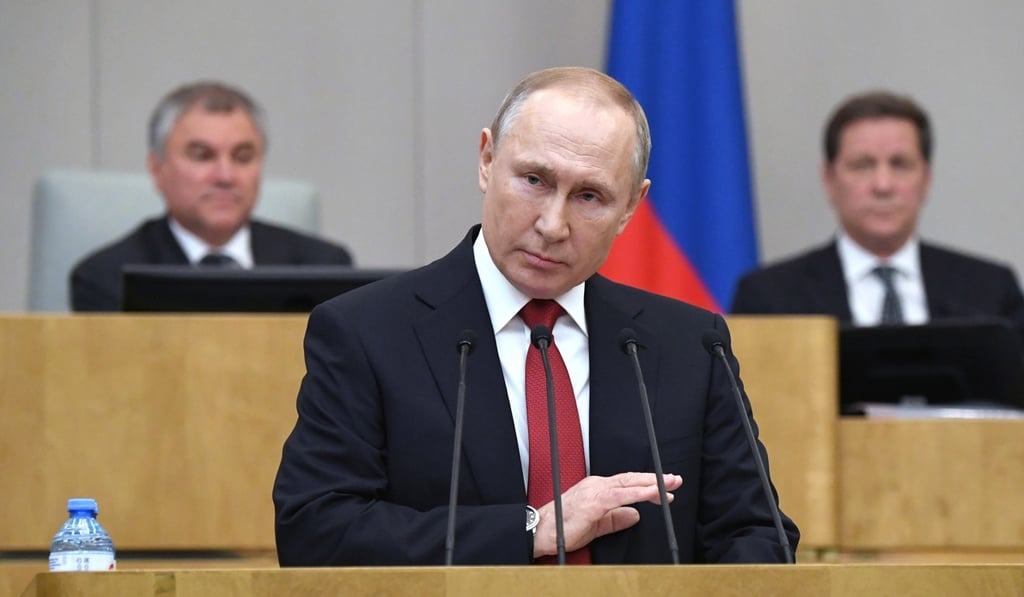Editorial | Russian and Saudi leaders must see sense for sake of the global economy
- As the world teeters on the brink of recession, an oil price war has caused stock prices already weakened by the coronavirus crisis to plunge further

As if the world doesn’t have enough trouble already with the novel coronavirus epidemic making a global recession increasingly likely, Saudi Arabia has decided to launch an oil price war.
Predictably, the oil market crashed, leading to the most significant drop in prices since the first Gulf war. That, in turn, caused stock prices around the world to plunge further, having already been routed in recent days.
Just a month or two ago, China looked like the only one in serious trouble. Now everyone is.
The immediate trigger of the price war was Russia’s refusal to join the oil producers’ cartel Opec, led by Riyadh, to lower production and maintain prices. Analysts believe the Saudis prefer to punish a wayward partner than let Russia’s defiance stand.

The Kremlin, however, was miffed by the Saudis’ “take it or leave it” attitude and did not consider itself a junior partner. In any case, the Russians arguably got what they wanted, though probably more than what they bargained for.
